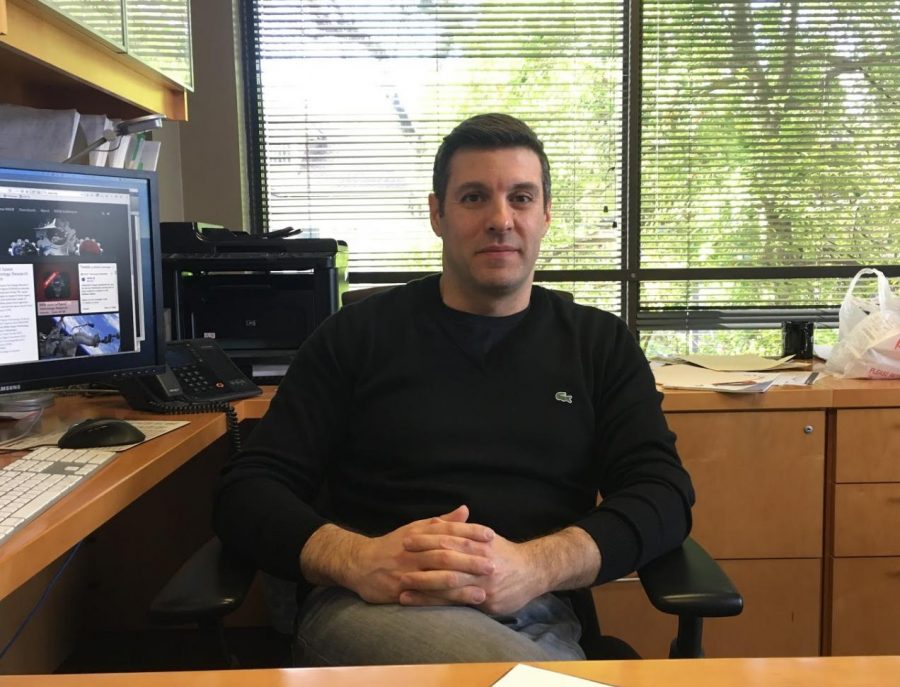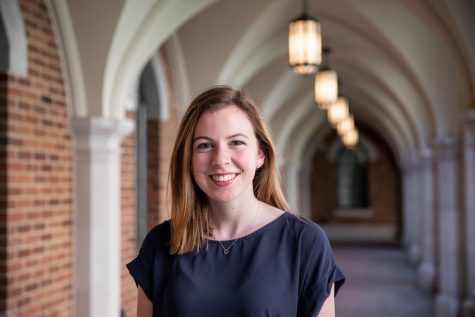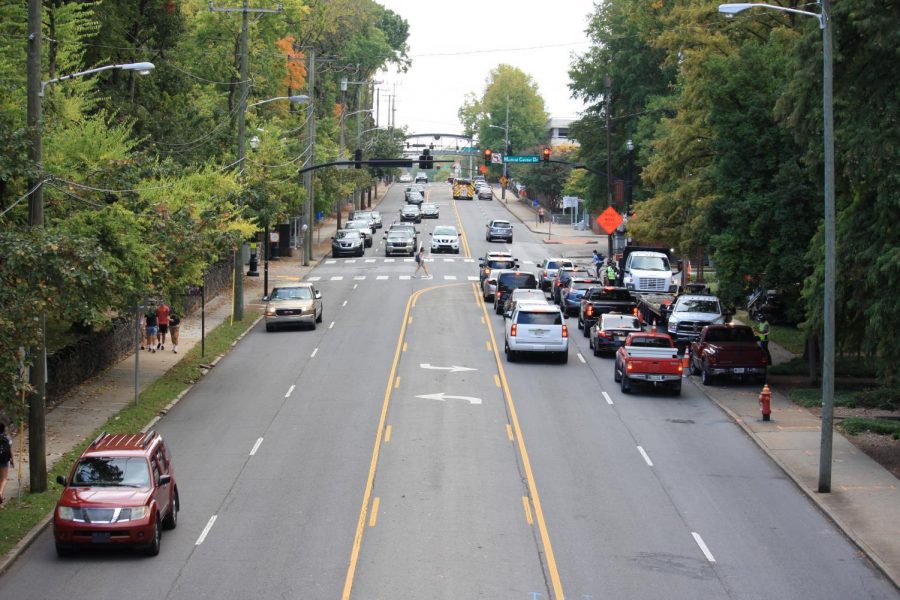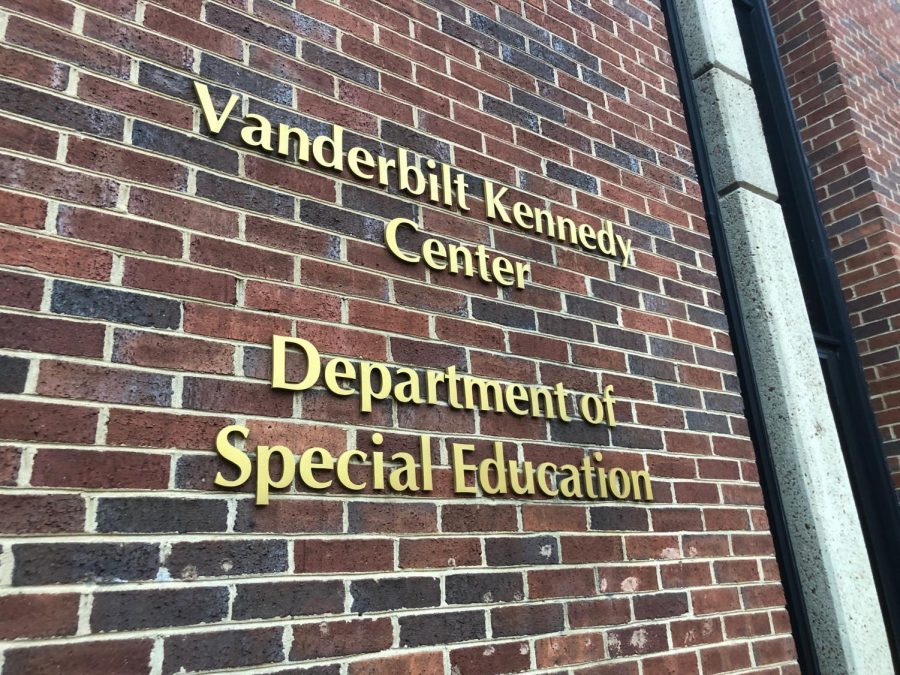Vanderbilt professor of Civil and Environmental Engineering Çağlar Oskay was recently selected as one of the 14 recipients of NASA’s Space Technology Research Grant for his project involving the durability of spacecraft materials.
The grant program is designed to fund research regarding early-stage technology that is not yet developed enough to be used in NASA missions. University teams whose projects were selected can receive up to $550,000 in NASA funding. The selected projects fall into six categories defined by NASA, ranging from rocket engine development to spacecraft durability.
Oskay’s project falls into the category of “Next Generation Durability and Damage Tolerance Methodologies.” Projects in this category aim to improve understanding about the molecular basis of the metal alloys spacecrafts are made of in order to increase the durability of these metals under a variety of conditions.
“This is about developing next-generation durability and damage tolerance methodologies that will be used for the spacecrafts and aircrafts that NASA operates,” Oskay said.. “If you take a material and send it to space, how do you know that material will survive the crazy environments that thing will go through? That’s what we call durability and damage tolerance.”
Dubbed “stochastic multiscale fatigue life prediction framework for next generation durability and damage tolerance,” Oskay’s project will use computational models to test possible outcomes after a material undergoes damage. Specifically, it aims to improve the understanding of how to prevent and deal with small cracks that appear in the material from loading stress, according to Oskay.
“We don’t have theories for that yet. There’s a lot of uncertainty associated with it. You put a small crack here, you put a small crack there, you get drastically different results. If it were bigger cracks, we know how to deal with it,” Oskay said.
A better understanding of how materials respond to loading stress can help NASA more efficiently build aerospace vehicles that withstand loads more effectively, according to Oskay. It can also help prolong the life of materials used in aerospace vehicles.
The project will run over the course of three years and is set to begin Jan. 15, Oskay said. Oskay, who is currently based out of Washington, D.C., will work on the project in conjunction with several Vanderbilt PhD students.
“This is also a great opportunity to connect NASA to Vanderbilt, there is definitely some ongoing research between NASA and Vanderbilt, but you can always have more,” Oskay said. “This will hopefully connect us so much more and so much better and it will lead to many more collaborations in the future.”
Correction: A previous version of this article misspelled Çağlar Oskay’s name and has since been changed to reflect the correct spelling.





